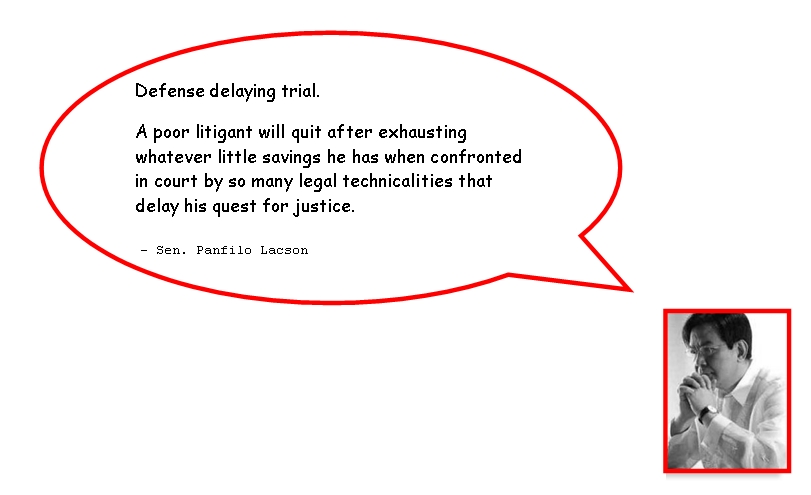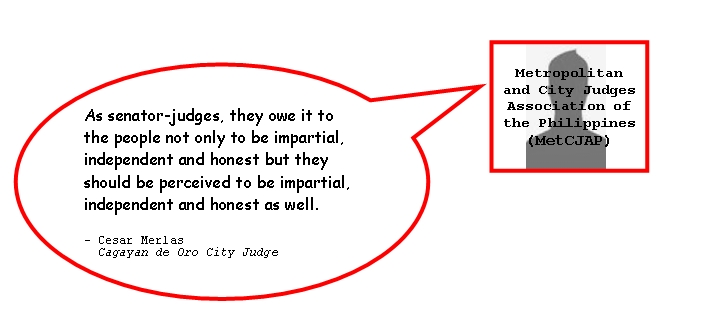After all, in a country where the poor gets poorer by the day, people’s sense of history flies out of the window when hunger comes knocking on the door.
- Erwin Tulfo
This too shall pass.
With the passing of Chief Justice Renato Corona impeachment trial days comes stories and figures. Filipinos can only hope that when all these come to halt, truth and justice will be served. In few weeks or months this will become history. Until then we as citizens may participate so we may have collective sense of history. Understand what seems to be a Filipino painful pattern of it. Or just focus our energy to the daily grind so Hunger won’t come knocking on the door. We decide. Or don’t decide. We still decide.
For the meantime, while the 23 senator-judges, the leading man, the media, the haves, the have-nots, and the extras are peering through the forest of information and hearing through the thunders of complaints, agony and whimpers Turning Point dig and did few turnings.
What Is “Sulit”, Mommy? Errrr, I mean, What Is Impeachment in the Philippines, Wiki?
It is an expressed power of the Congress in the Philippines to formally charge a serving government official with an impeachable offense. After being impeached by the House of Representatives, the official is then tried in the Senate. If convicted, the official is either removed from office or censured.
Impeachment followed by conviction is often the only way to forcibly remove a sitting official. While "impeachment" is often used to refer to the entire process of removing an official from office, it only formally refers to the indictment stage in the House of Representatives, not the trial stage in the Senate. Under the current Constitution, an official can be impeached if one third of the House of Representatives votes in favor. Since it takes only a simple majority to set the agenda or to adjourn the House, it can be difficult for a minority of one third to bring a vote and impeach an official.
Who Are the Impeaching officials?
- Any citizen with an endorsement of a member of the House of Representative may file charges.
- The House Committee on Justice will decide by majority vote if the complaint has substance.
- The House Committee on Justice will decide by majority vote if the complaint is sufficient in form.
- The House Committee on Justice will decide by majority vote if the complaint is sufficient in grounds.
- The House Committee on Justice will decide by majority vote if there is probable cause in the complaint.
- The House of Representatives will vote to impeach the official. A one-third vote is needed.
- If the vote passes, the complaint will become the "Articles of Impeachment" and the House will appoint prosecutors who may or may not be members of the House.
- If the vote fails in any part of the procedure, the official accused can't be filed for impeachment for one calendar year.
- The Senate will then try the impeached official. Conviction requires a two-thirds vote.
- If convicted, there are two punishments the Senate can mete out:
- Censure or a reprimand, or
- Removal from office and prohibition to hold any governmental office
In the 1935 constitution, a two-thirds vote was needed to impeach an official by the House
of Representatives, while a three-fourths vote in the Senate was required to convict.
of Representatives, while a three-fourths vote in the Senate was required to convict.
Ahm. So… For A Coronavela, Who Among ‘Em Got the Tongue Like Dagger?
Only Chief Tupas can say it the way they entice you to get hook to a soap op:
"Next week's trial would be more exciting. Next week would be an interesting week. We will be releasing documents na hindi pa alam ng publiko."
Resources:
Images from Google . Spacelab.Com . Scribd.Com . PhilStar.Com . Inquirer News . Wikipedia



















Walang komento:
Mag-post ng isang Komento